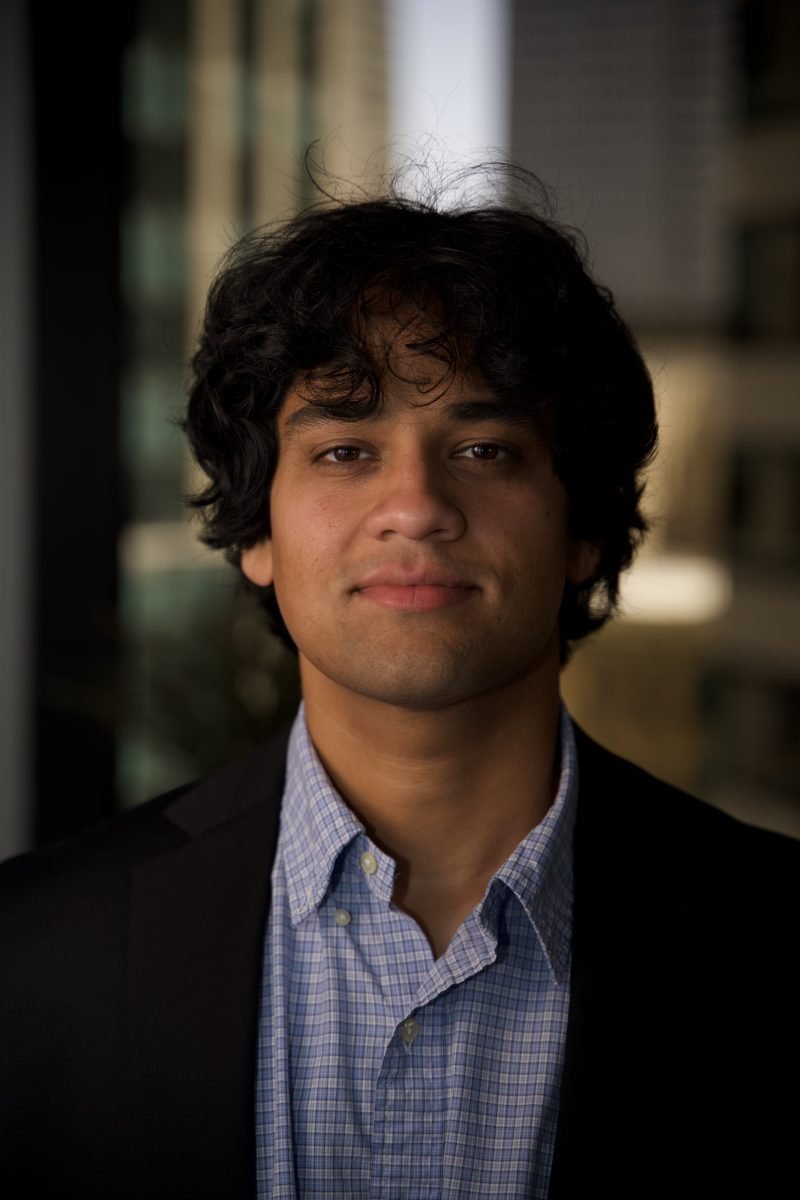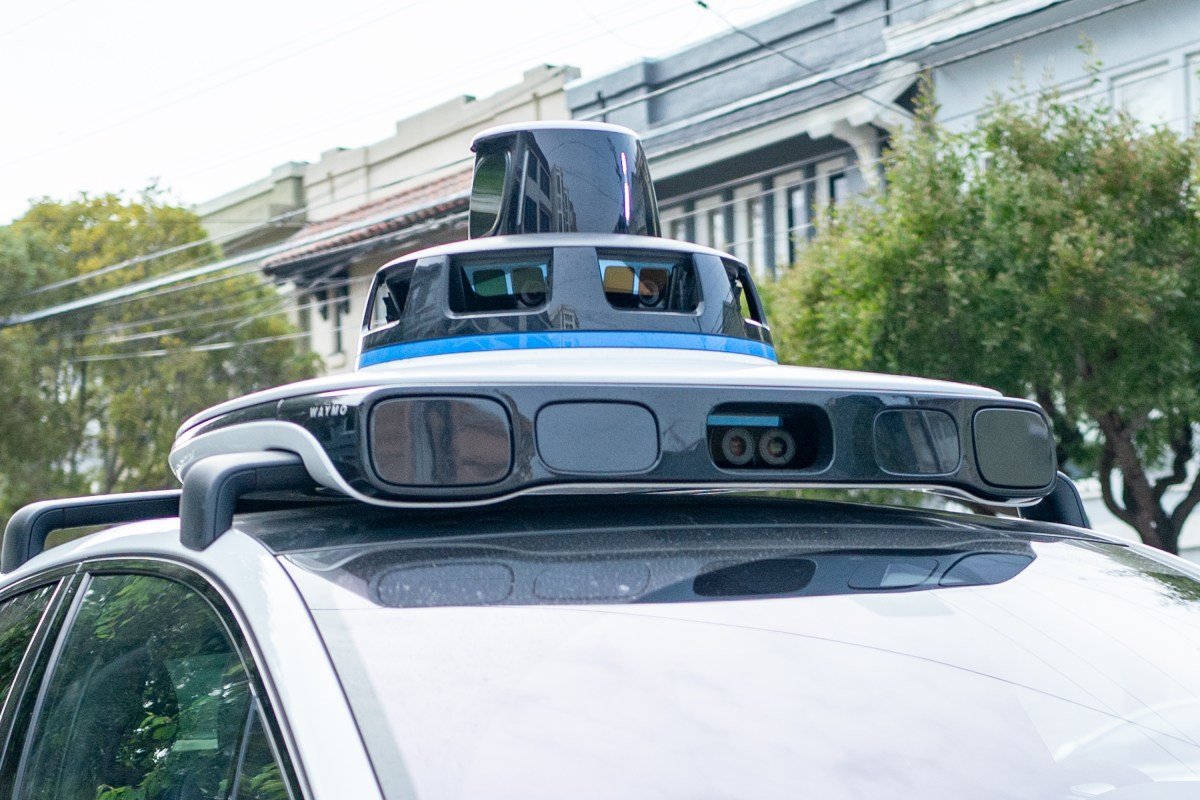Harmonic, an AI startup co-founded by Robinhood CEO Vlad Tenev, announced Monday the beta launch of an iOS and Android chatbot app where users can access its AI model, Aristotle.
With this launch, the company aims to broaden access to Aristotle, which Harmonic claims to offer “hallucination-free” answers for questions involving mathematical reasoning — a bold claim given the reliability problems of today’s AI models. Harmonic is focused on creating “mathematical superintelligence” or MSI; the startup eventually wants to help users with all fields that rely on math, including physics, statistics, and computer science.
“[Aristotle] is the first product available to people that does reasoning and formally verifies the output,” said Harmonic CEO and co-founder Tudor Achim in an interview with TechCrunch. “Within the domains that Aristotle supports, which are quantitative reasoning domains, we actually do guarantee that there’s no hallucinations.”
Eventually, Harmonic says it also plans to release an API to let enterprises access Aristotle, as well as a web app for consumers.
The beta launch comes just a few weeks since Harmonic raised $100 million in a Series B round led by Kleiner Perkins at an $875 million valuation. Achim claims that Harmonic is “advancing very rapidly along” its path to achieving MSI and that investors believed that was a fair valuation given the scope of his startup’s ambition.
Several leading tech companies are focused on training their AI models to solve math problems. AI that can do math is valuable in its own right, but math is also considered a uniquely verifiable domain that demands core reasoning skills. Systems that develop these capabilities may prove useful in other domains as well.
Achim says that Harmonic achieves its hyper-accurate solutions by having Aristotle produce responses in the open source programming language Lean. Before Aristotle gives an answer to users, he says the model double-checks that the solution is correct through an algorithmic process that doesn’t involve AI. Harmonic’s CEO notes that similar technology is used to verify outputs in high-stakes fields such as medical devices and aviation.
Techcrunch event
San Francisco
|
October 27-29, 2025
Even in a narrow domain, achieving hallucination-free performance from an AI model is an incredibly difficult task. Studies have found that even leading AI models hallucinate a lot, and the problem doesn’t appear to be getting better. OpenAI’s latest AI reasoning models hallucinate more than its older ones.
Harmonic says Aristotle achieved gold medal performance on the 2025 International Math Olympiad (IMO) through a formal test (meaning the problems were translated into a machine‑readable format). Google and OpenAI also developed AI models that achieved gold medal performance on this year’s IMO, but through informal tests taken in natural language.






